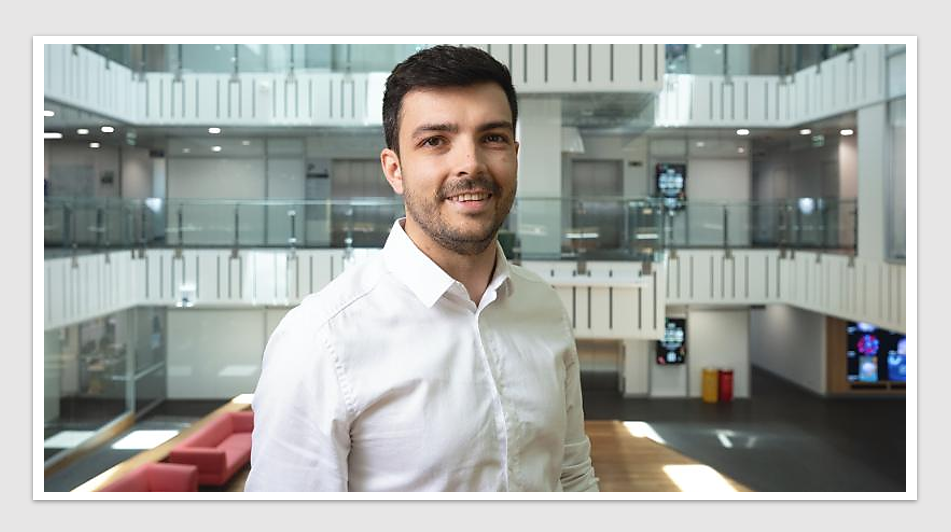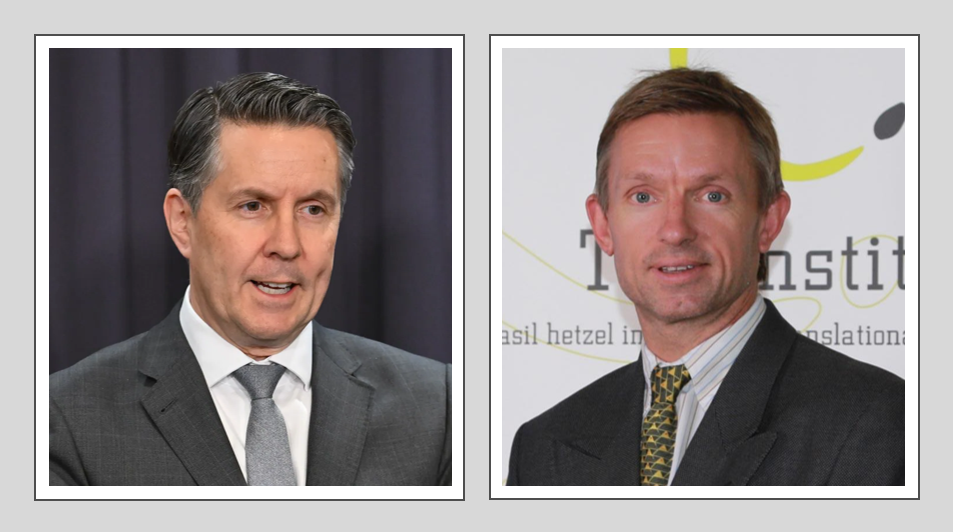News & Trends - MedTech & Diagnostics
COVID-19 patients at greatly increased risk of dying following surgery

Patients undergoing surgery after contracting coronavirus are at greatly increased risk of death following surgery, a new global study published in The Lancet reveals.
Professor David Watson, Royal Australasian College of Surgeons (RACS) Clinical Director for its Clinical Trials Network of Australia and New Zealand said “This data should highlight the risk to Australia and New Zealand of failing to continue to control the current COVID-19 pandemic in our communities. If infection rates are allowed to climb and a second wave adversely impacts our countries, high rates of death can be expected in Australia and New Zealand, and important surgery will almost certainly need to be cancelled as the risk of death is likely to be excessive.”
Overall, 23.8 per cent of the patients undergoing surgery died within 30 days of their procedure. High rates of death were seen across all subgroups, including elective surgery (18.9 per cent), emergency surgery (25.6 per cent), minor surgery such as appendicectomy or hernia repair (16.3 per cent), and major surgery such as hip surgery or colon cancer surgery (26.9 per cent).
 Register & join 22,000+ industry professionals in reading the latest industry news & engaging content from Health Industry Hub, the ONLY one-stop-hub connecting Australia’s Pharma, MedTech and Biotech industry professionals.
Register & join 22,000+ industry professionals in reading the latest industry news & engaging content from Health Industry Hub, the ONLY one-stop-hub connecting Australia’s Pharma, MedTech and Biotech industry professionals.
The study identified that death rates were 50 per cent higher in men (28.4 per cent) than women (18.2 per cent), and two and a half times higher in patients aged 70 years or over (33.7 per cent) versus those aged under 70 years (13.9 per cent). In addition to age and sex, risk factors for death after surgery included having severe pre-existing medical problems, undergoing cancer surgery, undergoing major procedures, and undergoing emergency surgery. All these death rates are extraordinarily high, and demand rethinking of recommendations for surgery in communities with high rates of SARS-CoV-2 infection.
Report co-author Aneel Bhangu, Senior Lecturer in Surgery at the University of Birmingham, commented “We would normally expect mortality for patients having minor or elective surgery to be under one per cent, but our study suggests that in SARS-CoV-2 patients these mortality rates are much higher in both minor surgery (16.3 per cent) and elective surgery (18.9 per cent). In fact, these mortality rates are greater than those reported for even the highest-risk patients before the pandemic; for example, the 2019 UK National Emergency Laparotomy Audit reported 30-day mortality of 16.9 per cent in the highest-risk patients, and a previous study across 58 countries reported a 30-day mortality of 14.9 per cent in patients undergoing high-risk emergency surgery.”
“We recommend that thresholds for surgery during the SARS-CoV-2 pandemic should be raised compared to normal practice. For example, men aged 70 years and over undergoing emergency surgery are at particularly high risk of mortality, so these patients may benefit from their procedures being postponed.”
 In alignment with the Government’s mental health initiative the #SelfcareInHealthcare campaign has been launched to support Pharma, Biotech and MedTech industry professionals. The initiative is supported by Medicines Australia, AusBiotech, MTAA and ARCS Australia. Learn more.
In alignment with the Government’s mental health initiative the #SelfcareInHealthcare campaign has been launched to support Pharma, Biotech and MedTech industry professionals. The initiative is supported by Medicines Australia, AusBiotech, MTAA and ARCS Australia. Learn more.
Patients undergoing surgery who are exposed to SARS-CoV-2 in hospital, or who are already infected appear to be particularly susceptible to subsequent breathing complications, following surgery requiring a general anaesthetic and mechanical ventilation. The study found that overall in the 30 days following surgery 51 per cent of patients developed a pneumonia, acute respiratory distress syndrome, or required unexpected ventilation. This may explain the high mortality, as most (81.7 per cent) patients who died had experienced pulmonary complications.
Dr Philip Townend, a surgeon from Gold Coast University Hospital, Queensland and a co-author of the study, said “We are fortunate that the prompt action taken by governments in Australia helped us avoid the high infection rates reported in other parts of the world. This data shows how important it is that in Australia, if we are faced with a second surge of infections, that we reorganise surgery again to minimise the risk that we will operate on infected people. Patients with COVID-19 infection should only have surgery if all other options have been exhausted.”
News & Trends - MedTech & Diagnostics

Stryker partners with local researchers to advance shoulder joint surgery
MedTech & Diagnostics News: Joint replacement is a commonly performed major surgical procedure that has considerable success in alleviating pain […]
MoreNews & Trends - Pharmaceuticals

Over two-thirds of Aussies missing healthcare appointments
Pharma News: Over 70% of Australians have postponed or cancelled healthcare appointments in the last 12 months. The primary reason […]
MoreNews & Trends - Pharmaceuticals

Opposition decries incremental change as New Zealand government defends Pharmac budget
Pharma News: New Zealand’s Associate Health Minister has made headlines by unveiling Pharmac’s largest ever budget of $6.294 billion over […]
MoreMedical

Telehealth’s 10-year leap in 10 days: Reshaping hospital EDs
Medical: As overcrowding and ramping continue to challenge emergency departments across Australia, the concept of virtual emergency departments (EDs) emerges […]
More